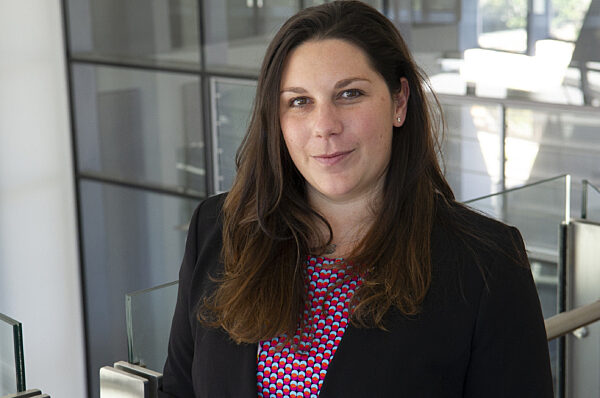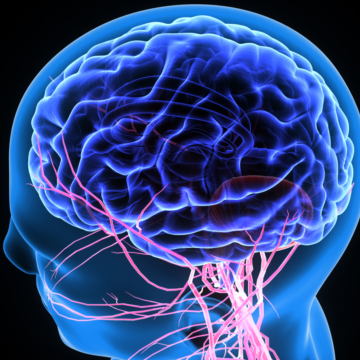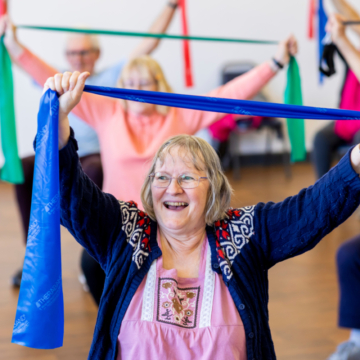Research Project

Moyra Mortby
Current Appointments
Research FellowKey Research Areas
Dr Moyra Mortby is a Psychologist specialised in neuropsychiatric symptoms in dementia and pre-clinical stages of dementia and is an NHMRC-ARC Dementia Research Development Fellow. She was awarded her PhD with Laudatio Magna Cum Laude from the University of Zurich, Switzerland for her research on apathy and depression in Mild Cognitive Impairment and Alzheimer’s disease, and completed her MSc in Research Methods in Psychology and BSc in Criminology and Psychology both at Keele University, UK.
Her research program focuses on neuropsychiatric symptoms in dementia and pre-clinical stages of dementia, neuroimaging and epidemiology. 2015 International Society to Advance Alzheimer’s Research and Treatment (ISTAART) and the Neuropsychiatric Syndromes (NPS) in Neurodegenerative diseases Professional Interest Area (PIA) New Investigator Award.
Her research program is structured around 4 key areas which aim to: 1) improve our understanding of dementia, its risk factors and trajectories; 2) better understand the impact of neuropsychiatric symptoms on dementia trajectories, quality of life and the provision of formal and informal care; 3) validate the concept of Mild Behavioural Impairment as a pre-clinical stage of dementia; and 4) develop and evaluate interventions to reduce neuropsychiatric symptoms associated with dementia, improve quality of life for people living with dementia and those providing care and develop useful support mechanisms.
Publications
2026 Mar
Affiliate stigma in family members of people living with dementia: A cross-sectional study identifying protective factors
View full journal-article on https://doi.org/10.1016/j.gerinurse.2026.103872
2026, 28 Jan
Neuropsychological subtypes of incident mild cognitive impairment and mild neurocognitive disorder in a population-based cohort of older adults
View full journal-article on https://doi.org/10.1177/13872877251415023
2026, 01 Jan
Plasma biomarkers in neuropsychiatric syndromes: A narrative review
View full journal-article on https://app.dimensions.ai/details/publication/pub.1195390707
2025, 01 Dec
Adapting epidemiological research through unexpected environmental events: COVID-19 and bushfires impacts on the administration of the PATH cohort study
View full journal-article on https://app.dimensions.ai/details/publication/pub.1189785233
2025, 01 Dec
Humor styles and subjective wellbeing in older adults: Identifying mediators and associated implications for healthy aging
View full journal-article on https://app.dimensions.ai/details/publication/pub.1191472132
2025, 01 Dec
Identifying Self-Reported Humor Style as a Potential New Direction in Cognitive Health: A Pilot Study
View full journal-article on https://app.dimensions.ai/details/publication/pub.1196847674
2025 Dec
The measurement of agitation in neurocognitive disorders: A systematic review
View full journal-article on https://app.dimensions.ai/details/publication/pub.1196584823
2025, 01 Sep
Apathy is distinct from depression or fatigue and is associated with poor physical health in an older community cohort
View full journal-article on https://app.dimensions.ai/details/publication/pub.1189188510
2025, 01 Sep
Mapping of validated apathy scales onto the apathy diagnostic criteria for neurocognitive disorders
View full journal-article on https://app.dimensions.ai/details/publication/pub.1187991067
2025, 01 Mar
Updates and future perspectives on neuropsychiatric symptoms in Alzheimer's disease
View full journal-article on https://app.dimensions.ai/details/publication/pub.1186975017





